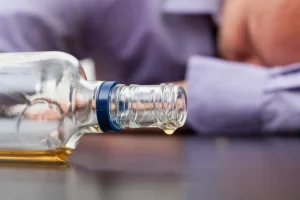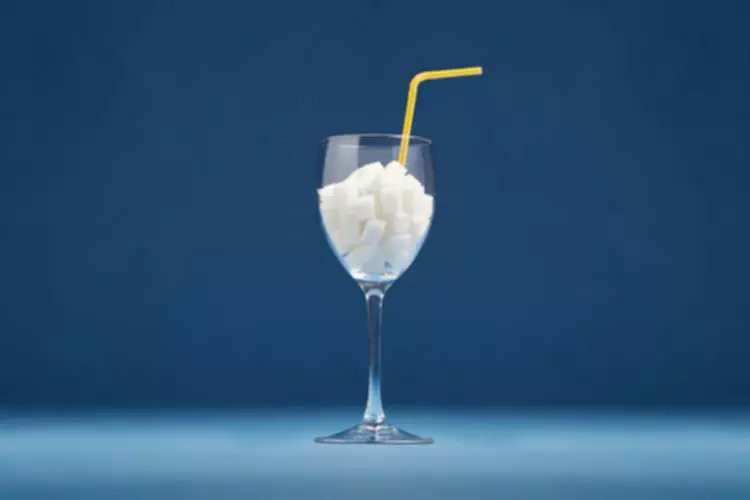
Alcohol-free cocktails and beer, along with cannabis-infused beverages, are gaining users. Some have criticized Alcoholics Anonymous and other 12-step programs because they are rooted in religious ideology rather than scientific principles. Situated across the UK and Spain, our Recovery Centres offer you dignity, comfort, excellent accommodation, our expertise and full support as we walk beside you – helping you on your journey to recovery. Your gut microbiome is a hotbed of bacteria that help keep your digestive system happy and healthy. The trillions of microbes in your colon and large and small intestines are critical to proper digestion. They also help fend off inflammation and support healthy metabolism.
The Effect of Alcohol on the Brain and the Body
You too can leave alcoholism in the past and start sober living today. Our eye color, our hair color, what foods we like, and how we react to missing a putt playing mini-golf is all dependent on genetics. Only the tendency toward alcoholism can be inherited; having inherited genes from alcoholic parents does not guarantee an alcoholic https://ecosoberhouse.com/ lifestyle. Using drugs and alcohol to moderate mood can also impair the functioning of the prefrontal cortex, a section of the brain that manages executive decision-making. This part of the brain should alert a person to the harmful consequences of such behavior, but addiction impairs its ability to carry out this function.
What’s the outlook for a person with alcohol use disorder?
There are several factors that play a role in determining who becomes addicted to alcohol, including genetics and environmental influences. There is a definite link between genetics and alcoholism and children of alcoholics are at higher risk of developing alcohol addiction. The same NSDUH found that there are nearly 15 million Americans over the age of 12 years with an alcohol use disorder (AUD). We publish material that is researched, cited, edited and reviewed by licensed medical professionals. The information we provide is not intended to be a substitute for professional medical advice, diagnosis or treatment. It should not be used in place of the advice of your physician or other qualified healthcare providers.

Psychological Factors Contributing to Alcohol Addiction
They may wish to reduce their alcohol consumption to more moderate levels, rather stopping altogether. People who are physically dependent on alcohol will need the support of a healthcare professional to stop drinking. Over time, that substance or behaviour can start to take priority over other things and we can start to feel uneasy when we are not feeding our habit. Even drinking a little too much (binge drinking) on occasion can set off a chain reaction that affects your well-being.
Dopamine plays roles in eating, sleeping, having sex, and any other functions we consider pleasurable. Because some of the initial effects of alcohol are pleasurable, the brain considers alcohol use to be rewarding, and reinforces this by releasing dopamine. The main inhibitory neurotransmitter in the human body is gamma-aminobutyric acid, known as GABA. Alcohol increases the amount of GABA transmitted, which inhibits the brain to abnormal degrees. This is why drunken people have trouble walking, talking, and remembering things later on. This process happens every time someone consumes alcohol, and happens more intensely as more alcohol is consumed.
Alcohol Addiction
In the United States, people younger than age 21 are not legally able to drink alcohol. The Healthline FindCare tool can provide options in your area if you need help finding a mental health specialist. Many people addicted to alcohol also turn to 12-step programs like Alcoholics Anonymous why is alcohol addictive (AA). There are also other support groups that don’t follow the 12-step model, such as SMART Recovery and Sober Recovery. When is it common in society, it can be hard to tell the difference between someone who likes to have a few drinks now and then and someone with a real problem.

Starting Treatment

Many maintain that marijuana is less addictive in terms of its chemical content, but, instead, targets the pleasure and reward centers of the brain. A combination of these three mechanisms and the risk factors for addiction can lead to the development of an addictive disorder. A big part of what makes alcohol addictive is its ability to physically alter the brain’s chemistry and functioning. If you or a loved one are addicted to alcohol, take a look at your treatment options at The Recovery Village. Cognitive behavioral therapy is another path, available in person or online.

Alcohol Consumption and Social Influences
Research in animals shows that having more self-determination and control over one’s environment can help facilitate adaptive brain changes after ending substance use. Before it becomes problematic, why do people turn to alcohol in the first place? One is simply its rewarding consequences, such as having fun or escaping social anxiety. Having an impulsive personality plays into the decision to seek rewards despite negative repercussions. Another factor is stress, because alcohol can alleviate distressing emotions.
- That’s because your body already has processes in place that allow it to store excess proteins, carbohydrates and fats.
- You might not recognize how much you drink or how many problems in your life are related to alcohol use.
- Alcohol is one of the most commonly consumed legal ‘drugs’ in the world.

They may binge drink once or drink for a period of time before getting sober again. It’s important that the person get back on track and resume treatment. It’s important that each person get involved in a recovery program that will support long-term sobriety. This could mean an emphasis on therapy for someone who is depressed, or inpatient treatment for someone with severe withdrawal symptoms. Regardless of the type of support system, it’s helpful to get involved in at least one when getting sober.

